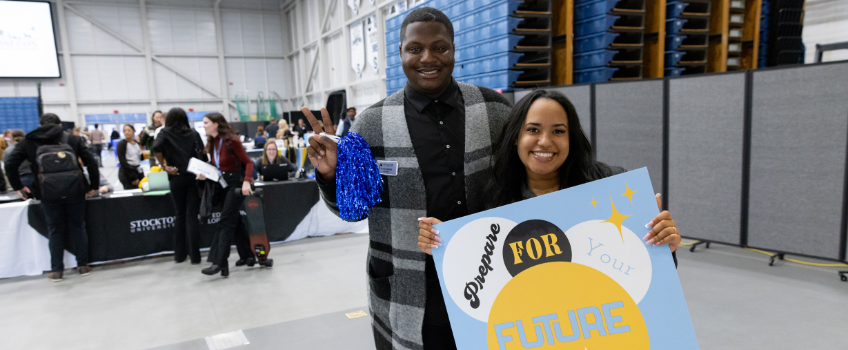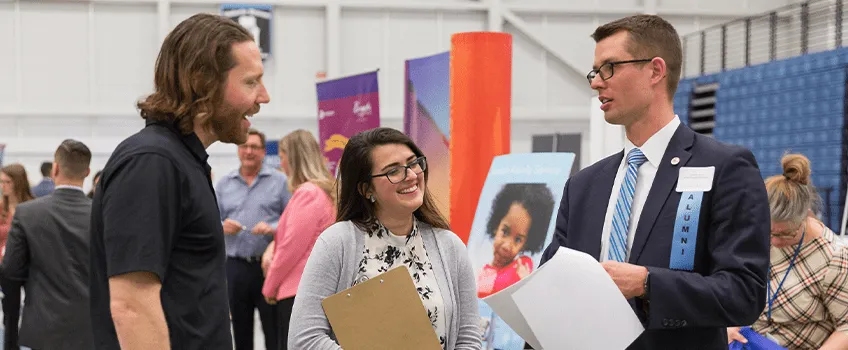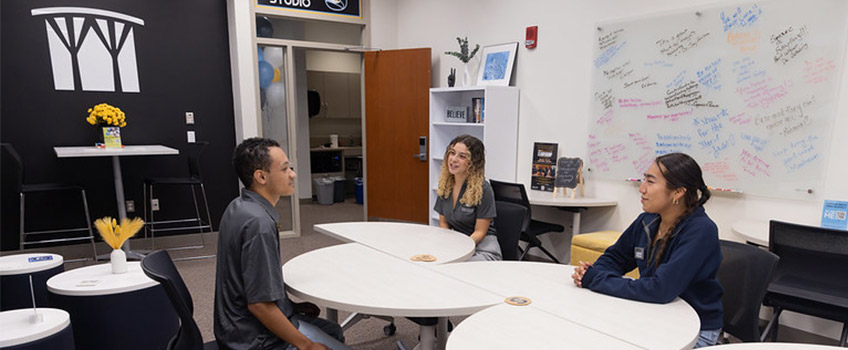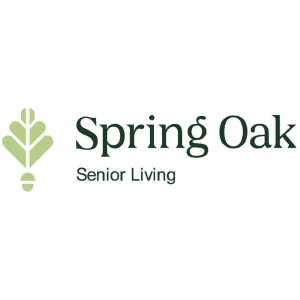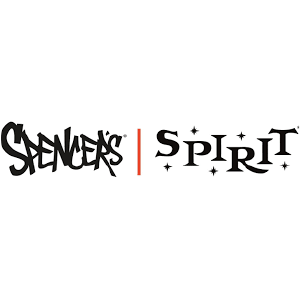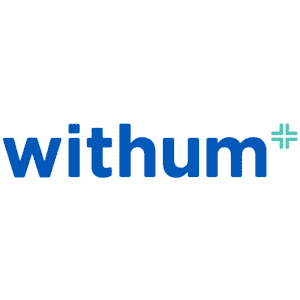Career Education & Development
At Stockton, we believe that everyone's journey is unique. Whether you're just starting to explore career options or preparing for your next professional step, our dedicated team is here to support you along the way.
We invite students, faculty, and employers to explore the wide range of services our center offers.
Handshake for Students and Alumni
Career Success Resources
- Career Coaching
- Handshake
- Career Exploration Job & Internship Search
- Free Headshots
- Resume & Cover Letter
- Interviewing
- And much more
Upcoming Events
Employer Registration Now Open! This is a great opportunity to showcase your company and meet with some of the best
and brightest students and alumni New Jersey has to offer.
Latest News
-
Career Education and Development Unveils New Suit Closet
Friday, November 7th, 2025 -
Career & Internship Fair Fosters Collaboration and Creates Opportunities
Friday, October 10th, 2025 -
Rising STARs of Stockton Celebrated in New Event
Thursday, April 17th, 2025 -
Annual Event Links Students with Jobs, Internships
Tuesday, March 4th, 2025
Meet Our Osprey Employer Partners
